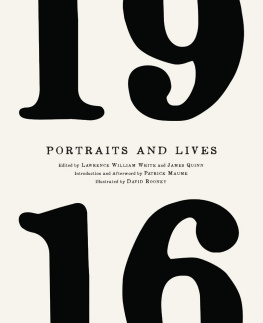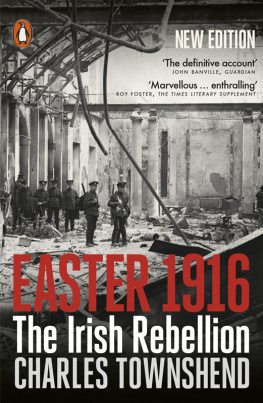Copyright 2016 by Hourly History.
All rights reserved.
Introduction
When we think of revolutionary events that have changed the course of history, we usually think about successes: The American Revolution, which led to the establishment of the United States; the Haitian Revolution, which not only ousted France but also rid the island of slavery; the Russian Revolution, which overthrew the monarchy and eventually ushered in Communism. But the Easter Rising, which took place in Ireland during Easter week (beginning on Easter Monday, April 26) 1916, shows us that even if a rebellion did not result in regime change or a new government, it can still be considered a success.
The Easter Rising changed the course of Irish history, even though it did not achieve immediate independence for the Irish. As the limited participation of the rising showed, many Irish were not full supporters of independence. Even if they were, they did not see the current political situation as worthy of risking their lives, especially since a Home Rule Actwhich would allow Ireland to largely govern itself while remaining part of the United Kingdomwas passed and only waiting for the end of World War I to be enacted.
The Easter Rising changed all of this. Because of the brutality with which the British put down the rising, and the way they decided to punish those involved, the pendulum of public opinion swung in the opposite direction. The Irish public saw something new about the regime that controlled their lives. In their view, Britain had sent a clear message about what they thought of the Irish people; the Irish felt that British response was not only harsh, but inhumane. Therefore, to many Irish people, the British viewed the Irish as second class citizens.
This was not the first time that the Irish felt this way. During the Great Hunger in the 1840s, many Irish people came to believethrough British inaction and disregard for Irish sufferingthat Britain did not care about the fates of the Irish people. Many Irish held onto this anger and drive for independence, but as more time passed, the memory of the Great Famine became less evocative. In the aftermath of the Easter Rising, though, this feeling of injustice was reinvigorated, and with it the Irish had what they needed to fight for ultimate independence.
In terms of casualties, immediate impact, or regime change, the Easter Rising was not drastic, but its eventual effect is immeasurable. Without the Easter Rising, it is not outside the realm of possibility to say that Ireland as we know it today might not exist.
Chapter One
Background of the Easter Rebellion
You must show the landlord that you intend to keep a firm grip on your homesteads and lands. You must not allow yourselves to be dispossessed as you were dispossessed in 1847.
Charles Stewart Parnell
The roots of the Easter Rising stretch back more than one hundred years into Irelands history, when it was annexed into the British Empire. When most people think of British colonialism, they probably think of the future United States of America, the Caribbean, or Indianot Ireland. Although Ireland became part of the United Kingdom of Great Britain willingly, colonialism is perhaps a better way to understand Irelands position within the United Kingdom, as Britain maintained control and ruled from afar with its own best interests at heart.
The Irish Parliament agreed to form a union with the United Kingdom in 1800. However, the Irish Parliament was far from a democratic or even republican institution. For one thing, many Irish could not vote: voting rights were restricted to male landowners only. Therefore, the large population of poor peasants who composed the majority of the population at the time were entirely disenfranchised, and women had no representation of any kind.
What was more, a religious requirement for holding a seat in Parliament further tilted the balance away from the majority of Irish people. In order to hold a seat in Parliament, you had to be Protestant, but meanwhile, most Irish peopleespecially those of the lower and middle classeswere Catholic. The conflict between Catholics and Protestants in Ireland had been long-standing even by this point, and is well recognized as a source of great strife on the island; that it was a factor contributing to the Easter Rebellion should come as no surprise.
Even the unrepresentative Irish Parliament of 1800 was not convinced that joining the Kingdom of Great Britain was a good idea, and many of its members had to be bribed in order to vote for it. After it was passed, the Irish Parliament was dissolved, and though Ireland was granted some seats in the British Parliament, and some voting laws changed, it continued to be difficult for the majority of Irish people to have their voices heard. Irish men and women would continue to fight for Irish autonomy, but religious divisions always stood in their way: The powerful Protestant minority population feared retribution or oppression should the Catholic majority gain any kind of political power or control, highlighting the fact that the religious conflict was not wholly dogmatic but just as much about discrimination and power than about religious traditions.
Those who opposed British rule of Ireland did try to achieve their goals through legislative means, but just as with any major political issue, there were more than two sides. On one end of the spectrum, there were people in Ireland (mostly Protestants) who did not want to see any changes to the political structure at all. At the other extreme were those who wanted complete independence and a total break from the United Kingdom. But others were more moderate. Chiefly, there were a large number of people who advocated for what became known as Home Rulethey would agree to remain in the United Kingdom, but wanted Ireland to be largely governed by a separate Irish political body. In some ways, these people were the most realistic in their goals, knowing full well that Britain was highly unlikely to grant Ireland independence, at least without a long and most likely violent struggle. Instead, they hoped for more local control over governance of Ireland, as well as land reform. In large part led by a man named Charles Parnell, the Irish Parliamentary Party struggled initially, but was encouraged when some successes were achieved. Mainly, they managed to have several imprisoned Fenians freed in the 1870s.
Parnells power among representatives in Parliament grew, and in 1886 he was able to have the first Home Rule Bill presented, which had the support of some powerful members. Its narrow defeat caused rioting back in Ireland, primarily in Belfast, demonstrating the popularity of the Home Rule policy. A second Home Rule Bill was passed in 1893 by the House of Commons but defeated in the House of Lords, a traditionally conservative branch where it had little chance of success.
Finally, in 1914, the Third Home Rule Bill was passed, becoming the Government of Ireland Act of 1914. While reigning liberalism in Parliament provided the conditions necessary to pass the act in the first place, timing was against those who supported Irish Home Rule. Another act, the Suspensory Act, was passed alongside it; this act delayed implementation of Home Rule until World War I ended. This delay was one of the factors that contributed to the outbreak of the Easter Rising in 1916, during World War I. Most of the Risings leaders opposed Home Rule; they were advocates of complete independence, and wanted to thwart the Government of Ireland Act, since they did not think it went far enough.
Irelands issues with British rule were not strictly political; they did not agitate for Home Rule merely because they were inspired by the Enlightenment ideals of representative government and the rights of man. In many real ways, Ireland was oppressed by Great Britain, and the Irish people used other means to try to strike back. One major event in Irish history that highlights this suffering was the Irish diaspora, closely tied to the Great Famine, also known as the Great Hunger or the Irish Potato Famine. Most Americans are familiar with this event because of the large influx of Irish immigrants during the peak years of the famine, which caused racial and social unrest in the United States. But living and working conditions in Ireland had been worsening for decades before the Great Hunger broke out, and some Irish had already decided to leave their homeland for good.

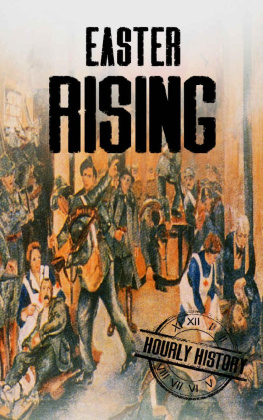
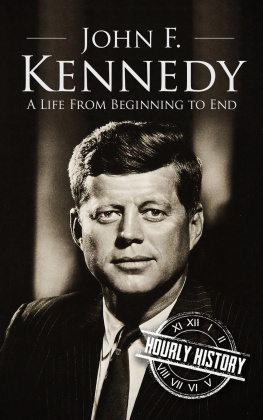


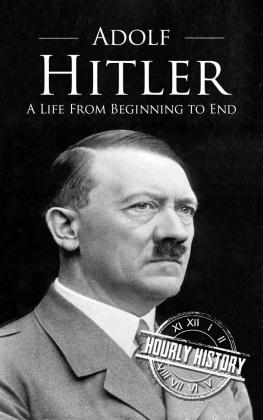
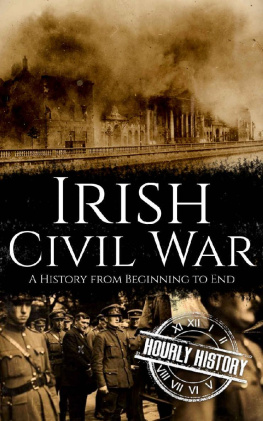

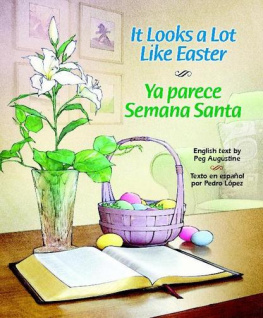
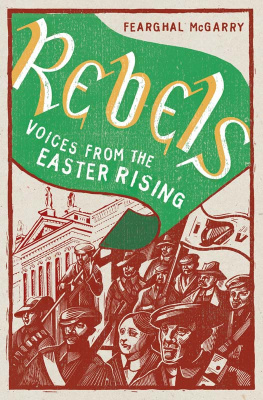
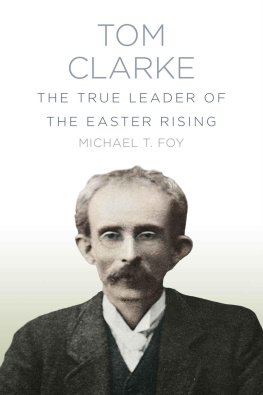

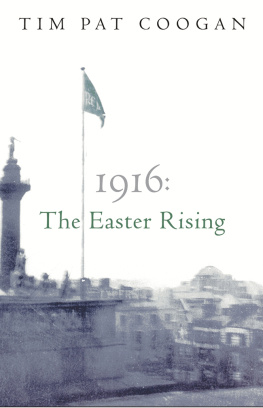
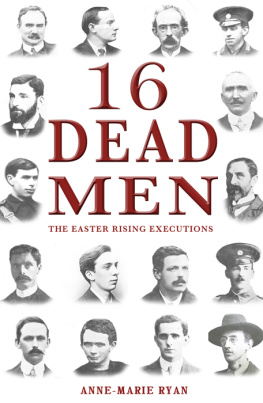
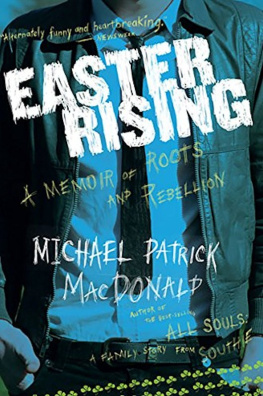
![Lorcan Collins [Lorcan Collins] - 1916: The Rising Handbook](/uploads/posts/book/143326/thumbs/lorcan-collins-lorcan-collins-1916-the-rising.jpg)

